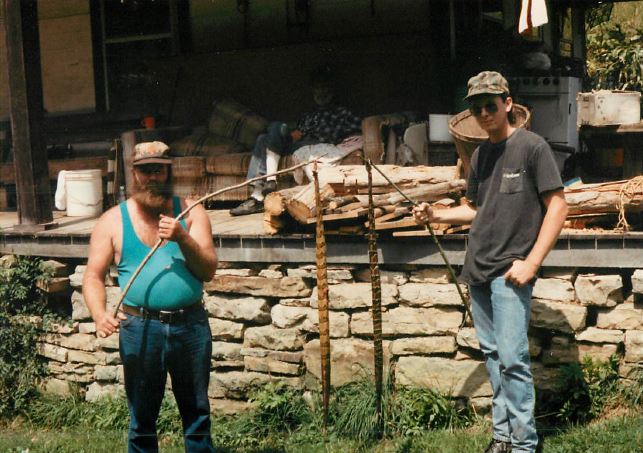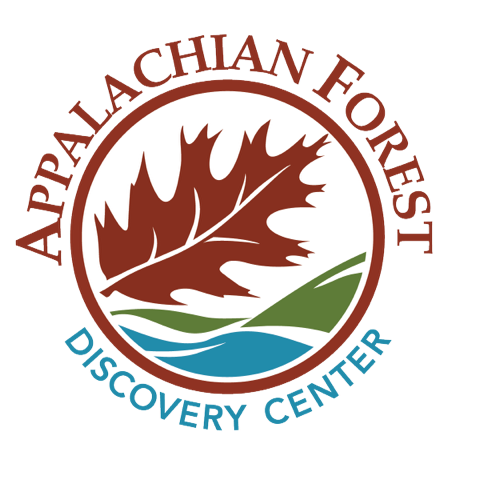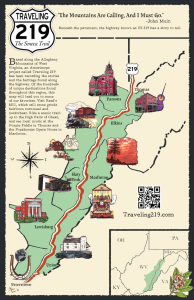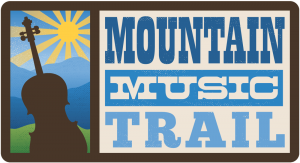Bear Tales as Told by Jim McComb
Bear hunting is a long running tradition in the mountains along US 219. It started more than 200 years ago, when farmers began to run sheep on their hill farms and the native black bear discovered a new food source. In the old days the mountains rang with the baying of dogs on a bear track, but the hunt was different then. Only a handful of hunters were willing to brave the laurel thickets, but those that did have become the stuff of legend. In this second installment of Bear Tales, Jim McComb, son of Eldridge McComb, gives us a glimpse into a life lived off the land, shares his thoughts about the chase, and spins the story of a hunt that was almost his last. Listen to Jim tell him story below. For more from the Traveling 219 Bear Tales series, click here.
The McComb family has been in Pocahontas County, West Virginia for generations farming for money and hunting for food. James McComb, Jim to his neighbors, was raised on the land, learning to hunt and trap when he was still just a child.
“They’d even carry me when I was a kid, I can remember scarred. They’d just sit you down and go on say, “you stay there until we get back.” Oh, scared to death. When they got tired they’d just sit you down and tell you they’d be back to get you. Believe it or not we used a lantern; one of them old kerosene lanterns was all we had for a light.”

Jim (left) passes his knowledge of hunting and trapping down to his nephew, Adam Andrick during a rattlesnake hunt.
“Under the wing of Argile Arbogast, one of the most famous hunters in Pocahontas, Jim learned to hunt bear as a teenager, chasing after sheep killing beat that threatened he livelihood of farmers across the county in the days when the chase was about more that sport.”
“I hunted 40 some years with Argile. Well we rode horses together, we used to ride a lot and I got started hunting with him. We hunted a lot of sheep killers that killed sheep, we was on a lot of them. About any person my age that bear hunted, when they was young, they started out with Argile Arbogast.”
“Back when I growed up the bear hunter was well thought of; everybody had a lot of respect for him. Your dog come into somebody’s house you didn’t have to worry about him. They would tie the dog up and feed it. Write you a letter, you didn’t have a phone they’d send you a letter and they’d say come and get him first chance you was out that way, he wasn’t bothering nothing. But we had respect for the farmers and everybody else too. We didn’t go where we wasn’t supposed to, we never tore nothing up and you know, that makes a lot of difference. I mean anybody can go bear hunting today and you don’t have to walk. Anybody can go bear hunting today if you’ve got the stuff to do it with and you don’t have to walk. I mean you have to walk I don’t care where you’re at, but you don’t have to walk very far. You can take that new tracking outfit and know where your dogs are at all of the time, it will even show them when they tree. It don’t lie very often, I’m telling you it don’t. It used to be you depended on your ears, you walked. I mean that’s the way you went.”
Jim’s legacy as a hunter is made up of stories about heroic dogs, crafty hunters, and bear that just wouldn’t give up the fight.
“Five or six year ago I just almost got bit bad. It wasn’t no little bear, it weighed 408 pounds. I drove by and looked in my truck mirror and there was all the dogs in the road. I got out of the truck and when I got out of the truck there he stood, sitting up in that tree. I walked up there and shot one time and it come out of the tree. Fell in the side ditch dead or it was supposed to be. I was standing there looking at it and it jumped up on all fours and made a lunge at me. I run backwards as fast as I could run. I mean from—well, don’t know how far I went. Dogs were hanging on the back of it, but it wasn’t paying no attention to the dogs. That’s when I decided I was going to have to do something. I turned around and run to the truck as fast as I could run and it dawned on me that I just had one shell in the gun and I reached in my pocket and put two shells in it. When I turned around to shoot it, the gun was in the middle of its back and it was reaching up to get me in the stomach. I just stuck the gun right between his ears and pulled the trigger. That’s the closest I ever come.”
“I couldn’t lead a bunch of dogs today if I had to. Well it was nothing to see me lead eight or ten dogs at one time, it was nothing to. Now I’m lucky to lead one, much less five or six. It makes you mad, but you can’t let things like that get you down. I go until I can’t go and I stop.”
Category: Bear Tales, History, Marlinton to Lewisburg, Stories & Legends


























